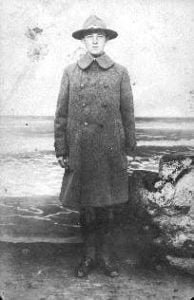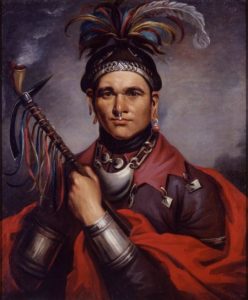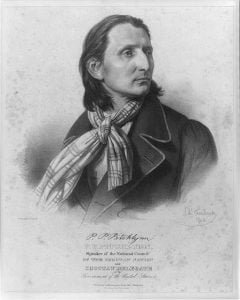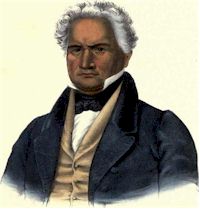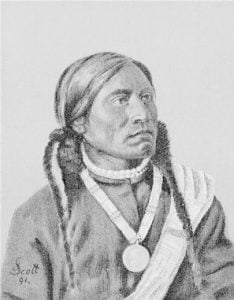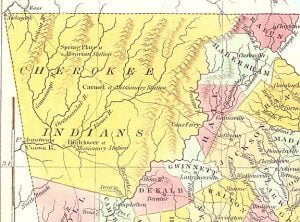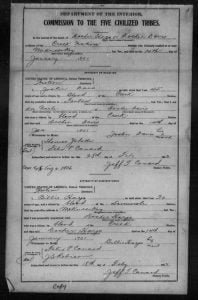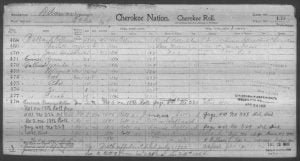A Little Family Genealogy
My dad was Alex NEEL. He passed away in 1927 [Feb 1st]. My mothers maiden name was HANEY. She was born in Missouri and she passed away in 1920 [25th of July]. Dad had three brothers, Tom NEEL, Calvin NEEL and Oscor NEEL. Grandpa NEEL [William Calvin NEEL Sr.] was born in Illinois [Marion County.] he passed away in 1901. Grandma Neel’s maiden name was SHELTON [Lettie/Letty/Leticia]. She was born in Missouri [not so, she was born in Tennessee]. She passed away in 1918 [June 8th]. I had 7 brothers and sisters 3 boys and 4 girls. Charlie Neel married … Read more

